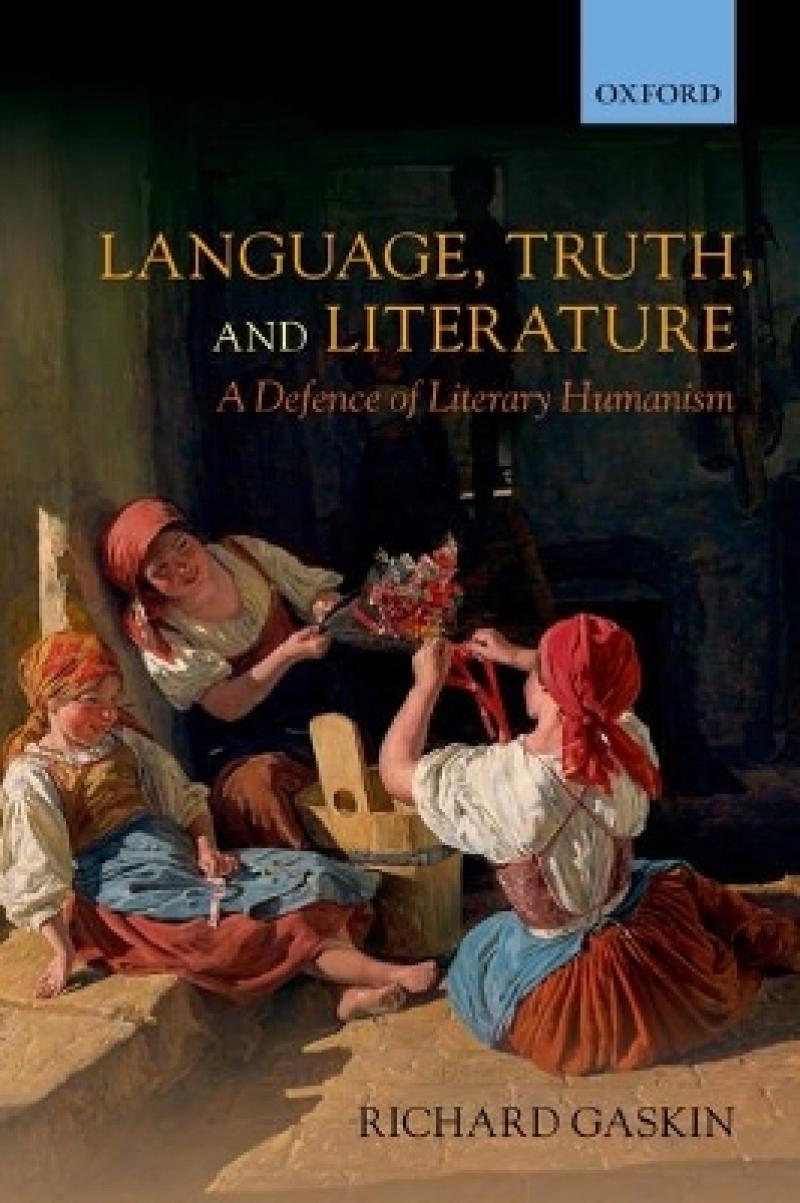According to the literary humanist, works of imaginative literature have an objective meaning which is fixed at the time of their production and which is the same for all readers, then and thereafter, not subject to the vagaries of individual readers' responses. Such works refer to the real world and make statements about that world which are of cognitive as well as aesthetic value; the two kinds of value are indeed intimately connected. Richard Gaskin offers a defence of literary humanism, so understood, against assault from two directions. On the one hand, some analytic aestheticians have argued that works of literature do not bear referentially on the world and do not make true statements about it; others hold that such works do not make a contribution to knowledge; others again allow that works of literature may have cognitive value, but deny that this depends on their having truth or reference. On the other hand, reception-theorists and deconstructionists have rejected the humanist's objectivist conception of literary meaning, and typically take a pragmatist and anti-realist approach to truth and meaning. This latter, poststructuralist treatment of literature has often been accompanied by a radical politicization of its study. In defending literary humanism against these various forms of attack, Gaskin shows that the reading and appreciation of literature is a cognitive activity fully on a par with scientific investigation, and that we can and should engage in it disinterestedly for the sake of what can be learnt about the world and our place in it.
Les mer
